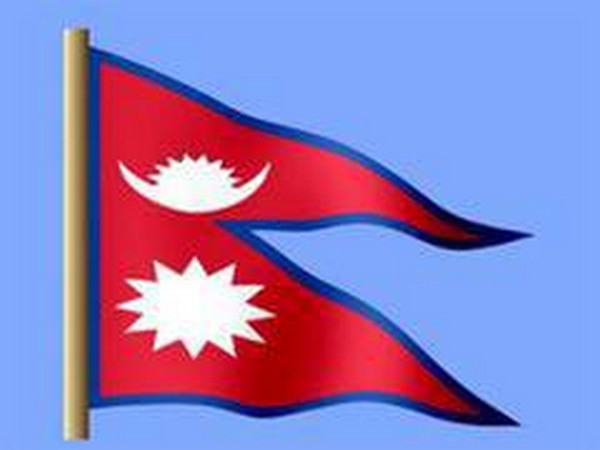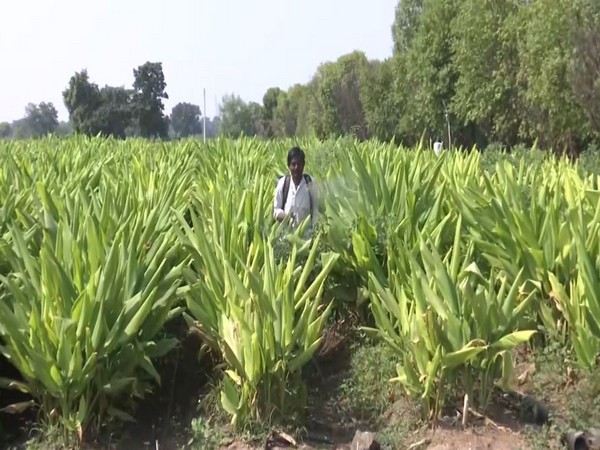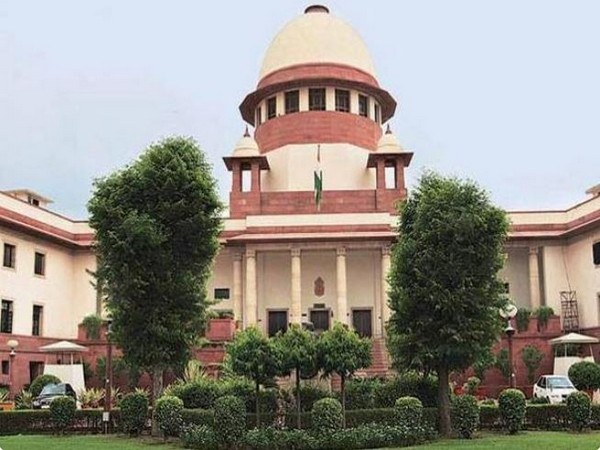Kathmandu [Nepal], April 13 (ANI): Nepal’s tourist capital Thamel will welcome tourists and visitors round the clock from now on, as the government announced the decision to allow nighttime business there.
Deputy Prime Minister and Home Minister Rabi Lamichhane, in a ceremony held on Saturday late in the evening, announced the decision to allow nighttime business in Thamel and the Durbar Marg, also called the Kings Way in the Nepali capital Kathmandu.
“From the administrative point of view, the guarantee about security, management in the area, no stone would be left unturned. Every person who-so-ever comes here, be it Nepali or foreigner, everyone is equal and safe; Government of Nepal bears the responsibility for it as well as the Home Ministry and the Nepal Police,” Rabi Lamichhane, the Home Minister of the Himalayan Nation, said this while addressing the event.
Thamel, the touristy destination of Nepal, earlier had restrictions on operation of
businesses.
As per the December 2022 decision, the liquor shops were allowed to stay open till 10 PM, Restaurants till midnight and dance bars and clubs to operate till 4 AM. From Saturday it would now be open round the clock.
The tourist hotspot is also famous and is thronged by young generations as well as those wanting recreation, as it offers various services relating to food, entertainment and gatherings. With the tourist centre operating 24/7, locals and businesses here are expecting a boom.
“We are extremely happy with the decision of government. Tourists from various country who come here are now being provided with facilities of lodging and food round the clock by this decision of government, it is welcoming. The businesses will also flourish and it is spreading out positive message all across,” Resham Giri, a business owner in Thamel, told ANI.
From Saturday, Thamel, which earlier had been synonymous to nightlife, had been it’s
identity but it used to go to sleep before mid-night. As businesses pull down
their shutter by 10 PM, spell of silence was used to cast over Thamel. Local authority had
citied security reasons to close down the business as the national capital of Nepal
starts to slumber past 7 PM in the evening.
Thamel also faced a clampdown on operating its nightlife because of the insurgency, which grappled the Himalayan nation for over a decade, starting from 1996 to 2006. Chained by regulations since then, Thamel started to take a breath since the end of 2022, when selected businesses got permission to run late.
Saturday’s move also comes with some restrictions and a set of ethics to be followed by the business as well as the visitors, which limits the volume of music, driving, amongst others.
As per the Thamel Area Development Committee, the 24/7 module of operation in Thamel is estimated to create 25,000 additional jobs in addition to the 50,000 employed ones as of now. Authorities also have installed 111 CCTV Cameras for video surveillance in Thamel to ensure security for about 9,500 businesses and 2,700 property owners in the area, which don’t seem to be enough.
“This planning and execution are good about opening the Thamel round the clock/24 hours. This would encourage tourists to engage here not only for just 12 hours, but for another 12 hours to enjoy here as we have multiple bars, restaurants around here. They would expend in those places,” Lakpa Sherpa, a Nepali visitor who came to Thamel to celebrate the Nepali New Year, told ANI.
Tourism contributes about 2.1 percent of the national GDP of Nepal, as per the 2022 data released by the annual World Travel and Tourism Council research report.
The total contribution of travel and tourism to the GDP –including wider effects from investment, the supply chain and induced income impacts–was Rs 297 billion in 2022 (or 6.1 percent of the GDP).
This primarily reflects the economic activity generated by sectors such as hotels, travel agents, airlines and other passenger transport services (excluding commuter services).
The report said that travel and tourism generated 311,125 jobs directly in 2022 (1.9 per cent of the total). This includes employment by hotels, travel agents, and leisure industries directly supported by tourists. In total, 1.08 million jobs were directly or indirectly created. (ANI)
Disclaimer: This story is auto-generated from a syndicated feed of ANI; only the image & headline may have been reworked by News Services Division of World News Network Inc Ltd and Palghar News and Pune News and World News
HINDI, MARATHI, GUJARATI, TAMIL, TELUGU, BENGALI, KANNADA, ORIYA, PUNJABI, URDU, MALAYALAM
For more details and packages

















